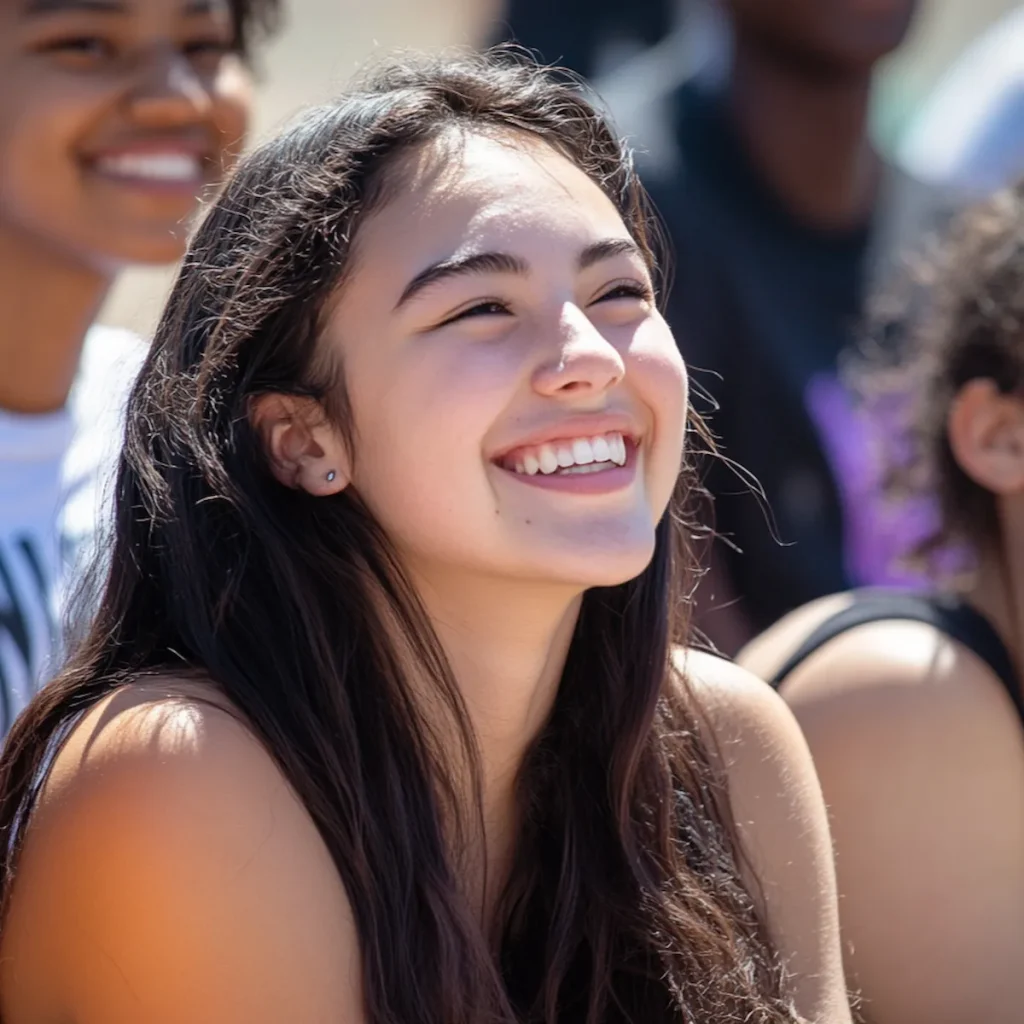Posting on Social Media? It Could Hurt Your Personal Injury Case. Contact Schreier & Richtie LLC Today for a Free Consultation.
In today’s digital age, social media has become a significant part of our daily lives. Whether sharing updates, posting photos, or engaging with friends and family, platforms like Facebook, Instagram, Twitter, and TikTok offer countless ways to stay connected. However, if you’re involved in a personal injury case, your social media activity can significantly impact the outcome of your claim.
At Schierer & Ritchie, LLC, we are dedicated to helping you navigate the complexities of your case and securing the compensation you deserve. Contact us by either going to our contact form or Call us at (309) 839-2024

Why Social Media Matters in a Personal Injury Case
Insurance companies and defense attorneys always seek ways to minimize the compensation they pay injured parties. One of the easiest ways for them to do this is by using your social media posts against you. Even seemingly harmless posts can be taken out of context to undermine your case. Here are a few ways social media activity can be used:
Contradicting Your Injury Claims
- If you claim to have severe injuries but post pictures of yourself engaging in physical activities, it can raise doubts about the validity of your injuries. For example, a photo of you hiking, dancing, or playing sports can suggest you’re not as injured as you’ve claimed.
Questioning the Severity of Emotional Distress
- Many personal injury claims include compensation for emotional distress. However, if your social media posts portray you as happy, carefree, or engaging in enjoyable activities, the defense might argue that you’re exaggerating your emotional suffering.
Timeline Inconsistencies
- Social media can provide a detailed timeline of your activities. If your posts show you were active on days when you claimed to be incapacitated or in recovery, it could harm your credibility.
Third-Party Tags and Posts
- Even if you’re cautious about what you post, friends and family may tag you in photos or mention your activities in their posts. These can be used as evidence against you if they contradict your injury claims.

How Insurance Companies and Defense Attorneys Use Social Media
Social Media Surveillance
- It’s common for insurance adjusters and defense attorneys to monitor plaintiffs’ social media accounts. They may look at your public posts or even try to gain access to private content through mutual connections.
Using Public Posts as Evidence
- Any content you post publicly can be submitted as evidence in court. This includes photos, status updates, check-ins, comments, and even “likes.”
Subpoenas for Private Accounts
- In some cases, defense attorneys may request access to private social media content through subpoenas, arguing that it’s relevant to the case.
Best Practices for Social Media During a Personal Injury Case
To protect your case and maximize your chances of a favorable outcome, consider the following precautions:
- Limit Your Social Media Activity
- The safest approach is to avoid posting on social media entirely while your case is active. This minimizes the risk of anything being used against you.
- Adjust Your Privacy Settings
- Set your accounts to private and review your privacy settings to control who can see your posts. However, remember that even private posts can be subpoenaed.
- Avoid Discussing Your Case
- Never post about your accident, injuries, legal proceedings, or settlement discussions. Anything you say could be used to weaken your claim.
- Be Mindful of Photos and Tags
- Avoid posting new photos and ask friends and family to tag or post about you only once your case is resolved.
- Review Old Posts
- Review previous posts to ensure nothing could be misconstrued or used against you. Delete any potentially problematic content if necessary.
- Inform Your Legal Team
- Let your attorney know about your social media presence and activity. They can provide specific advice and help you understand what content might harm your case.
Examples of Social Media Impact on Cases
Case 1: Contradicting Injury Claims
- In one case, a plaintiff claimed a severe back injury from a car accident but posted a video of themselves dancing at a party. The defense used this video to argue that the injury was not as severe as reported, significantly reducing the settlement.
Case 2: Emotional Distress in Question
- Another plaintiff sought compensation for emotional distress following a traumatic accident. However, their social media posts, which included photos of them smiling and enjoying a vacation, were presented as evidence to challenge their claim of ongoing distress.
The Bottom Line
Social media is a powerful tool but can also be a double-edged sword in personal injury cases. Anything you post can be scrutinized and potentially used against you to reduce or deny your compensation. Understanding the risks and following best practices can protect your legal rights and strengthen your case.
Contact Us Today
If you’re involved in a personal injury case, working with an experienced attorney who can guide you through the process and help you avoid common pitfalls is essential. At Schierer & Ritchie, LLC, we are dedicated to helping you navigate the complexities of your case and securing the compensation you deserve. Contact us by either going to our contact form or Call us at (309) 839-2024.

